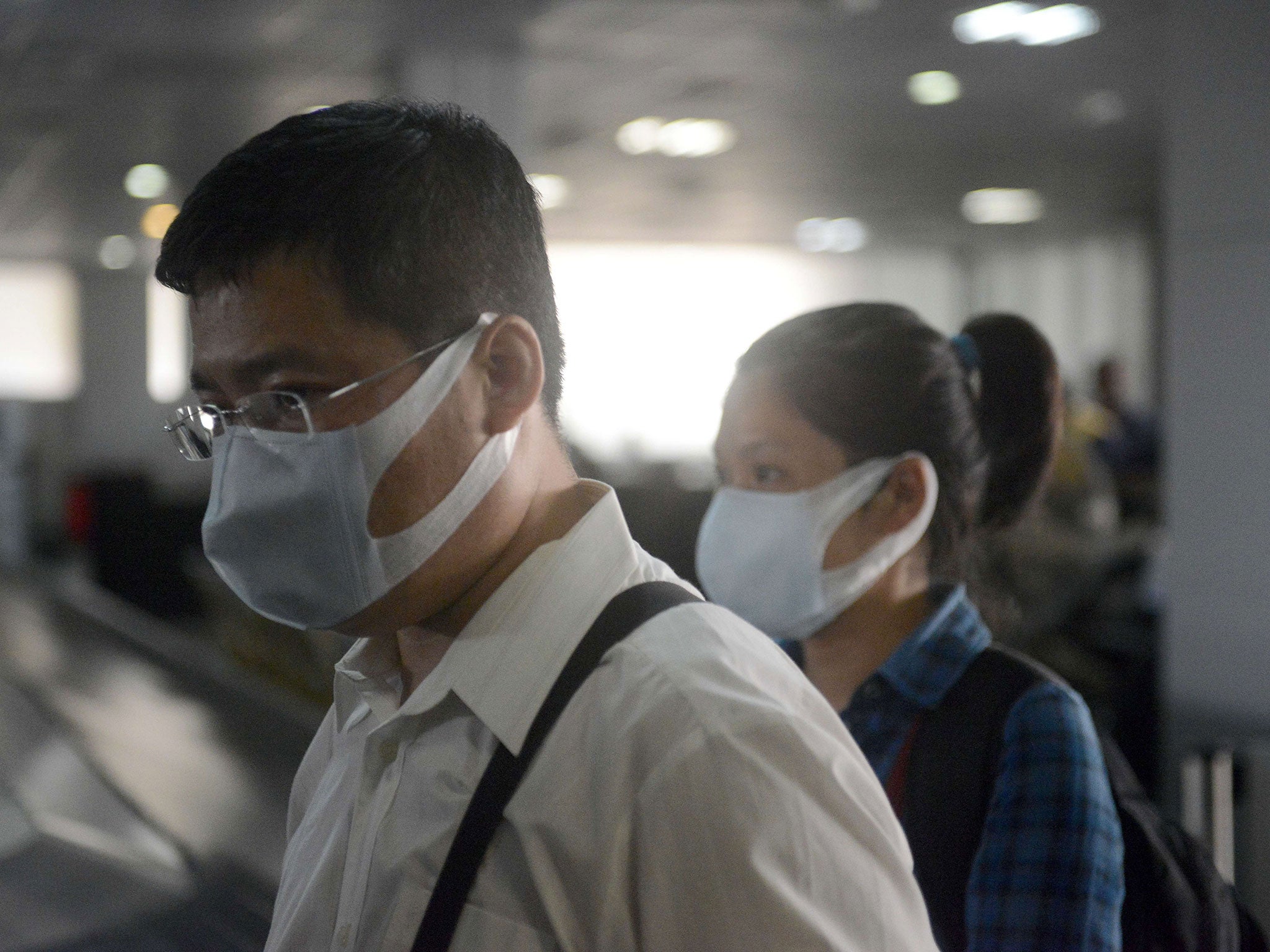Ebola outbreak: Deaths from malaria and other diseases could soar while Africa’s over-stretched healthcare systems fight the virus, expert warns
Many hospitals have effectively been shut down by the virus, and widespread fear of contracting it will stop people coming forward for treatment for other illnesses

Your support helps us to tell the story
From reproductive rights to climate change to Big Tech, The Independent is on the ground when the story is developing. Whether it's investigating the financials of Elon Musk's pro-Trump PAC or producing our latest documentary, 'The A Word', which shines a light on the American women fighting for reproductive rights, we know how important it is to parse out the facts from the messaging.
At such a critical moment in US history, we need reporters on the ground. Your donation allows us to keep sending journalists to speak to both sides of the story.
The Independent is trusted by Americans across the entire political spectrum. And unlike many other quality news outlets, we choose not to lock Americans out of our reporting and analysis with paywalls. We believe quality journalism should be available to everyone, paid for by those who can afford it.
Your support makes all the difference.The “collapse” of healthcare systems in West Africa because of the Ebola outbreak could lead to thousands more people dying from malaria and other diseases, a leading expert has said, with the additional death toll from malaria and other diseases likely to exceed that of the outbreak itself.
Dr Jimmy Whitworth, the head of population health at the UK-based health foundation the Wellcome Trust, told The Independent that he was “increasingly pessimistic” about the capacity of health services in Guinea, Sierra Leone and Liberia to cope with the outbreak, and said he feared the breakdown of routine hospital and clinic services could lead to thousands of excess deaths from diseases such as malaria, pneumonia and diarrhoea.
West Africa, where more than 1,000 people have died of Ebola since February, according to the World Health Organisation (WHO), is currently in the middle of its rainy season and approaching the peak time for malaria transmission.
However, many clinics and hospitals in all three of the countries worst hit by Ebola have effectively been shut down by the virus. Meanwhile, widespread fear of contracting Ebola from hospital patients will stop people coming forward for treatment for other diseases, Dr Whitworth said.
“These health systems are pretty tenuous at the best of times,” he said. “With Ebola, the whole general health system is collapsing. People aren’t going to hospitals or clinics because they’re frightened, there aren’t any medical staff or nursing staff available. Some hospitals have been entirely taken over by Ebola patients, which means other people not getting a look-in.
“I suspect there will be lots of excess malaria deaths occurring because of this, and they will simply go undocumented and unremarked because patients aren’t getting into health systems. I’d expect there would be far more [excess] people dying from malaria than from Ebola.”
Up to 100,000 can die from malaria in the region in an average year, Dr Whitworth said.
The WHO had authorised the use of experimental medicines, untested on humans, for use in combating the Ebola outbreak. Canada said today that it would send up to 1,000 doses of an experimental Ebola vaccine to West Africa, but health authorities said that even if the vaccine proved successful, it would take several months to produce enough to have a major impact on transmission rates of Ebola. Similar concerns surround the experimental drug ZMapp, supplies of which have now run out, according to its American manufacturer, Mapp Biopharmaceutical.
In the latest measures aimed at slowing the spread of the deadly virus, Guinea-Bissau has closed its borders with its neighbour Guinea. Other African countries have imposed similar restrictions on movement. Ivory Coast has banned travellers from the three worst-hit countries, while Ghana has delayed the start of the academic year at universities to allow screening measures to take place, according to Reuters.
The WHO has declared Kenya, a country of 44 million inhabitants and a major transport hub, at “high risk” of Ebola spread. The government in Kenya has not yet banned flights to the affected countries but health checks at the main airport in the capital, Nairobi, have been stepped up. Kenya receives more than 70 flights a week from West Africa.
Join our commenting forum
Join thought-provoking conversations, follow other Independent readers and see their replies
Comments